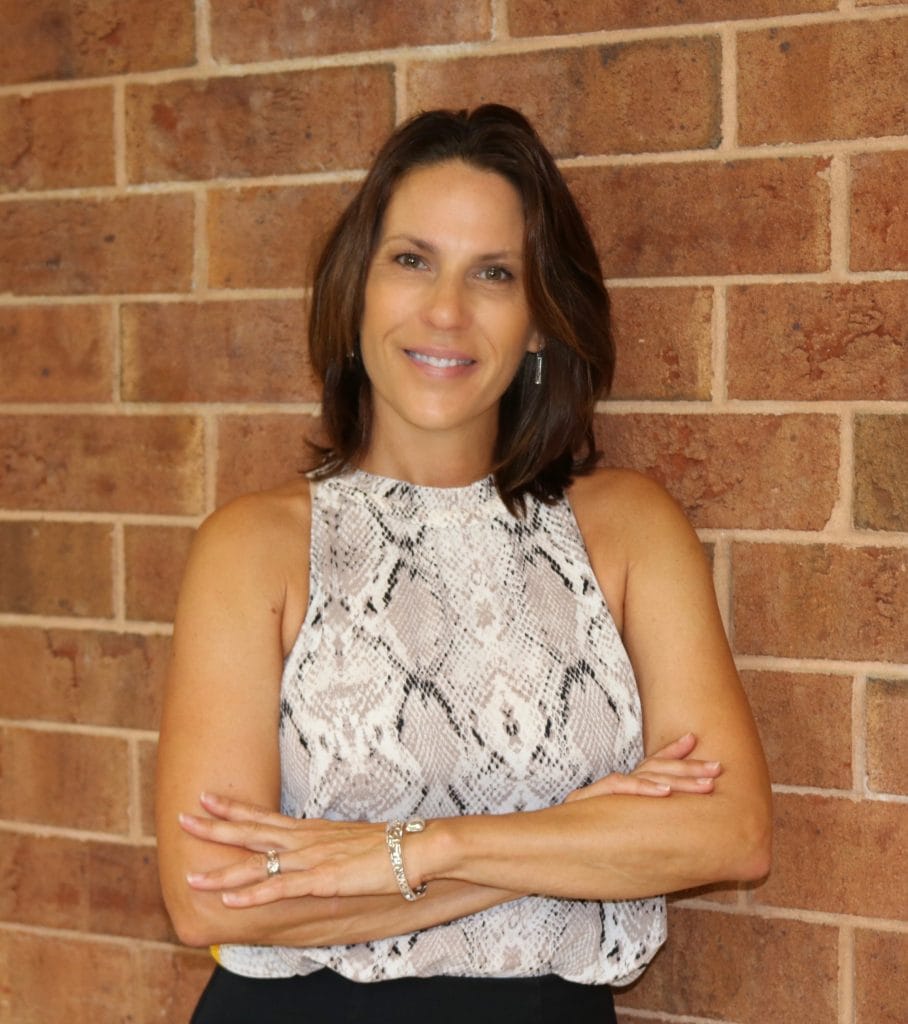

In lieu of the ongoing COVID pandemic and years of building up to what is now staff shortages in education, teacher and author of “Fired Up Teachership” Michele Rispo Hill shines a light on what the public and educators can do to prevent a continuous downfall in public education.
With more than 30 years of experience as an educator in the classroom, Hill has poured her passion into the care and well-being of students and educators. Now the admissioners coordinator for the Burlington County Institute of Technology, Hill works in strategic marketing, equity development and recruitment for the school district.
In moving to a different role outside the classroom, Hill said she is able to see things from a different perspective, helping her to observe what is going on in the education system. One of the topics Hill is passionate about is the teacher shortage many school districts are now facing.
According to Hill, for the past 15 years there has been talk of a teacher shortage to come, but serious action on the issue was not taken until about five years ago, when it became difficult to fill certain teaching positions such as world languages, science, math and other specialized positions in the field. Now, Hill describes a widespread problem in education due mostly to the pandemic.
“All of the sudden we are in a crazy downfall of being able to find qualified teachers for all kinds of positions,” she explained. “And so now we’re ringing the alarm and sounding the bell saying, ‘We are dealing with a massive teacher shortage.’
“I call it looming, but it’s no longer looming, it’s here.”
Hill cited three factors in the shortage. The first is that there are not enough qualified students in colleges majoring in education and teaching. The second is that of teachers who do enter the profession, 50 percent leave within the first five years. And the third is that teachers are retiring early or at the age of retirement to pursue different careers.
COVID has worsened the teacher shortage, in particular by forcing classes to be remote. Educators now have more responsibilities in school and at home, and it can be difficult to balance the two, according to Hill, who also emphasized the effect of the pandemic on both teachers and students.
Hill noted that individuals can help the situation by showing support on the local level with social-media platforms and talking to government officials.
“What I hope they take away from this is that if we don’t do something now, this is not a can that we can kick down the road,” she said. “In the next 10 to 15 years, we are going to be in an education crisis like we’ve never seen, if we don’t start to do something different.”


